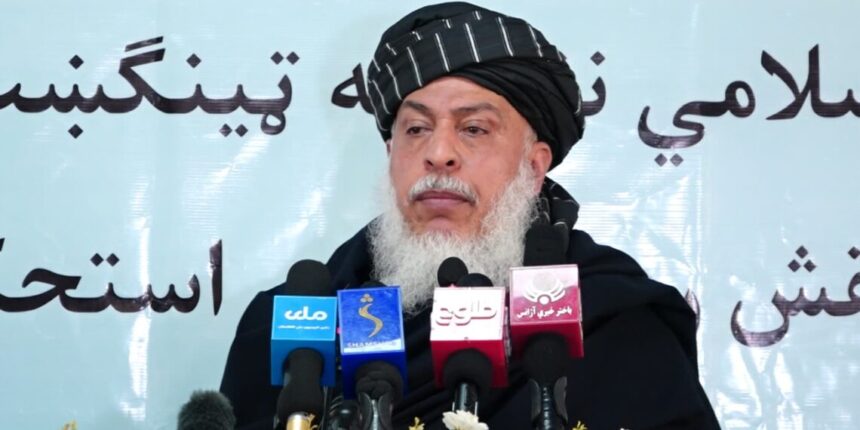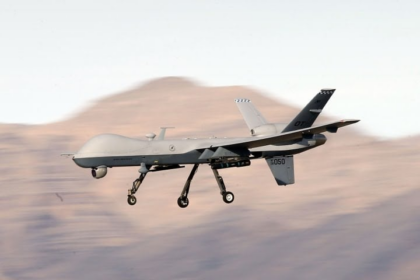RASC News Agency: The Taliban’s Deputy Minister of Foreign Affairs, Abbas Stanekzai, has underscored the indispensable role of media and spokespersons in society, emphasizing that every nation must be prepared to support and uphold these pillars under all circumstances. Addressing a gathering of the Taliban’s spokespersons in Kabul, Stanekzai highlighted the importance of access to information and the critical role of media in Afghanistan’s progress and stability. In a notable divergence from the directives of Mullah Hibatullah Akhundzada and the senior Taliban leadership, Stanekzai described media freedom as vital and expressed the need to support journalists. This stance contradicts Mullah Hibatullah’s previous orders, which included banning certain media outlets and imposing strict restrictions on journalistic activities.
Stanekzai’s remarks come amidst ongoing reports of arrests and torture of Afghanistani journalists under the Taliban regime, further complicating the group’s public stance on media freedoms. The Taliban’s Ministry of Information and Culture announced the organization of a seminar aimed at enhancing the professional capacities of its spokespersons in Kabul. In a statement, the ministry quoted Stanekzai as saying, “In the modern era, media and spokespersons are fundamental pillars of any society and nation.” He stressed the need to strengthen the media sector and ensure it is equipped to address all challenges. Stanekzai further emphasized that spokespersons should not only possess expertise in journalism but also have a nuanced understanding of societal dynamics.
“Government spokespersons must actively and promptly share news about the country’s development and progress with the media,” he stated. While Stanekzai publicly champions the importance of media in society, the realities on the ground starkly contrast his rhetoric. Over the past three years under Taliban rule, hundreds of media outlets have been forced to shut down, thousands of journalists have fled the country, and female journalists in several provinces have been banned from working. Many journalists have faced arbitrary imprisonment, with sentences ranging from two to ten years, for their professional activities.
Stanekzai’s statements raise questions about whether his views signal a potential shift within the Taliban’s policies or merely reflect internal divisions in the group’s approach to media and freedom of expression.






